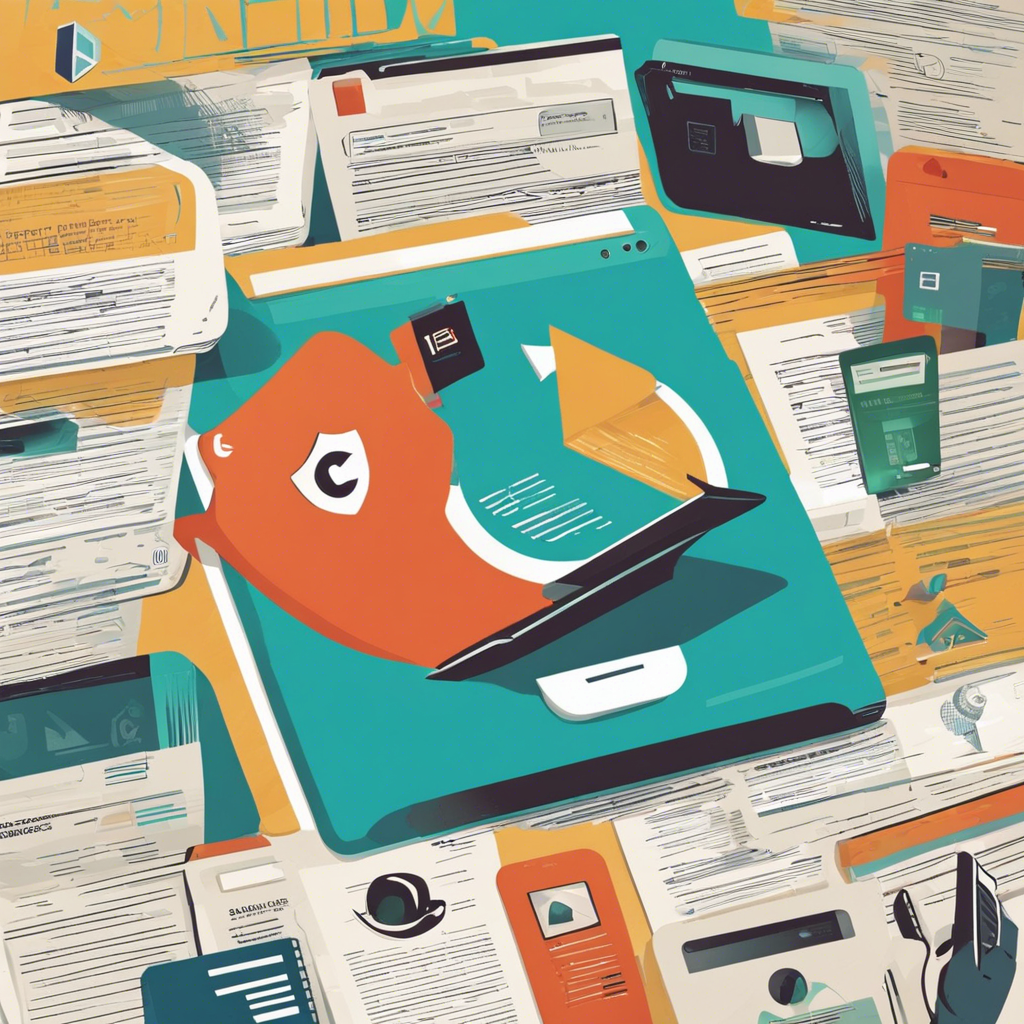With the ever-increasing presence of cyber threats and online scams, ensuring your safety while browsing the web is crucial. The internet has become a part of our daily lives, and we often find ourselves sharing personal information and conducting sensitive business online. Here are some tips to help you enhance your online security and protect your privacy.
First and foremost, it is essential to keep your browser and security software up to date. Updates often include patches for security vulnerabilities, so staying current helps fortify your defenses against potential threats. Additionally, using a secure connection is vital. When given the option, always favor utilizing secure networks, such as your private Wi-Fi, over public or unfamiliar ones. Public Wi-Fi networks are often unencrypted, leaving you vulnerable to cyberattacks. If you must use public Wi-Fi, consider using a virtual private network (VPN) to encrypt your traffic and keep your data secure.
Another critical aspect of safe browsing is practicing caution when it comes to downloads and email attachments. Malicious downloads and phishing emails are common ways for cybercriminals to infiltrate your system. Always verify the source and scan downloads and email attachments for potential threats before opening or installing them. A good habit is to enable multi-factor authentication (MFA) wherever possible. This adds an extra layer of security by requiring additional forms of identification beyond just a password, making it harder for unauthorized individuals to access your accounts.
Using strong, unique passwords for each of your accounts is also vital in maintaining your online security. Passwords should be lengthy, incorporating a mix of uppercase and lowercase letters, numbers, and special characters. Consider using a password manager to help generate and securely store complex passwords, relieving you of the burden of memorizing them all. Similarly, enabling auto-updates is a convenient way to ensure that your devices and software stay current with the latest security measures.
It is also beneficial to familiarize yourself with common online scams and how to identify them. Cybercriminals are constantly devising new schemes, so staying informed helps you recognize potential red flags and avoid falling victim. This includes being wary of unsolicited messages or calls requesting personal information, as well as suspicious links or attachments.
Lastly, privacy settings are your friend. Take the time to review and adjust the privacy settings on your social media accounts, apps, and devices. By limiting the personal information you share publicly, you reduce the risk of it falling into the wrong hands.
